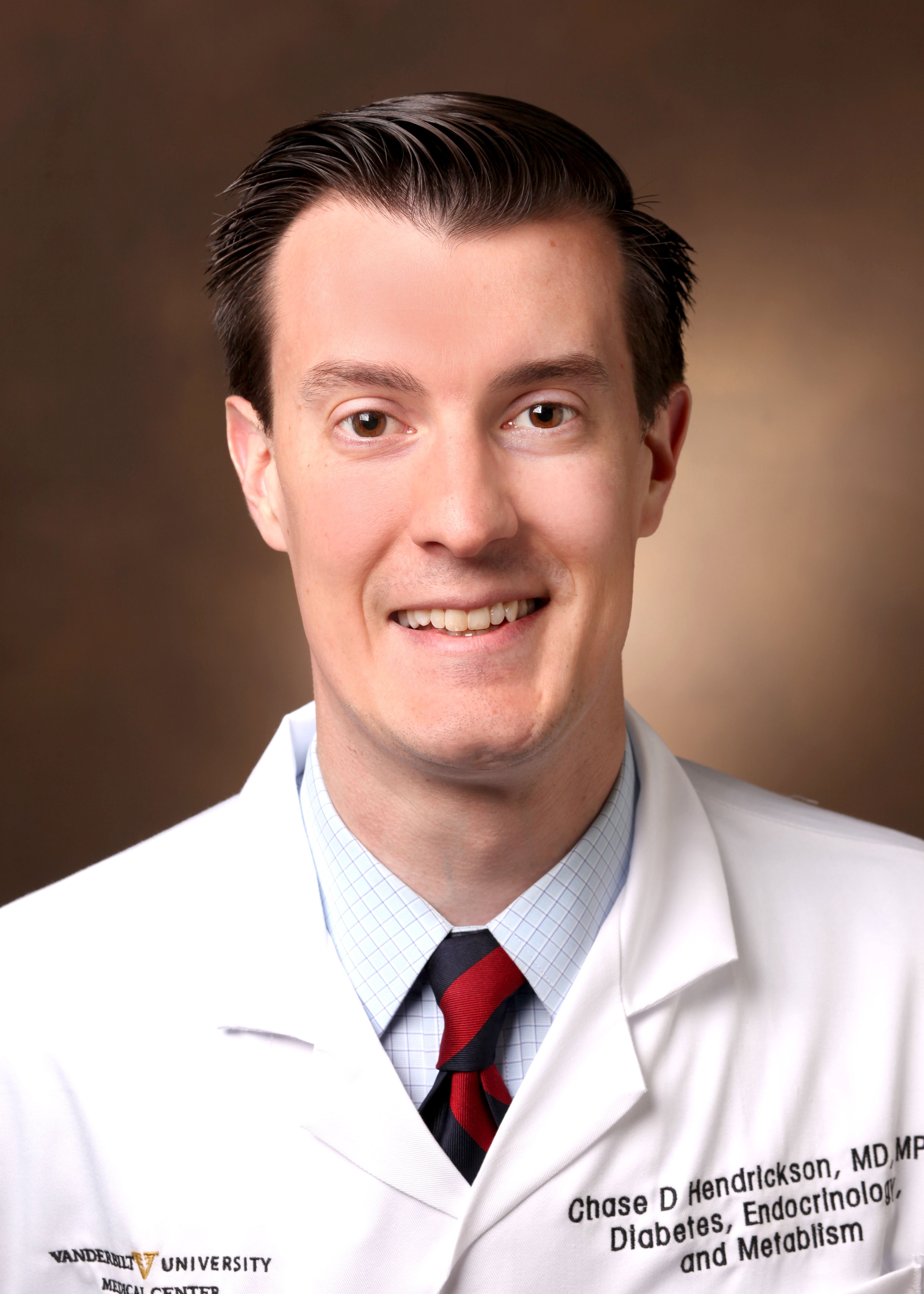EFL061
Join host Chase Hendrickson, MD, from Vanderbilt University Medical Center, in a discussion about a recently published clinical trial in The Journal of Clinical Endocrinology & Metabolism that tries to understand the impact of genetics on the benefits of a lifestyle program in reducing the risk of developing type 2 diabetes. Personalized or precision medicine has been a hot topic for several years now, and this podcast has recently reviewed a few studies that fit that description. The authors of this investigation try to answer the question of how we can decide in advance which patients are particularly likely to benefit from a given intervention. Dr. Hendrickson talks with Ashok Balasubramanyam, MD, from Baylor College of Medicine, and guest expert Miriam Udler, MD, PhD, from Massachusetts General Hospital. The article featured this month, by Lankinen et al, was published in the January 2025 issue of JCEM: “Effects of Genetic Risk on Incident Type 2 Diabetes and Glycemia: The T2D-GENE Lifestyle Intervention Trial.”
Meet the Speakers

Miriam S. Udler, M.D, Ph.D. is an endocrinologist at Massachusetts General Hospital (MGH) and an associate professor at Harvard Medical School. She is the founding director of the MGH Diabetes Genetics Clinic, which provides genetic testing, counseling, and management to patients with monogenic forms of diabetes. She is also an associate member of the Broad Institute of MIT and Harvard. Dr. Udler’s lab at MGH and the Broad Institute studies the genetic contribution to metabolic diseases and clinical applications of genomic data, including using genetics to identify atypical forms of diabetes and to dissect disease heterogeneity. She is a principal investigator of the NIDDK U54 Rare and Atypical Diabetes Network (RADIANT) study, the NIDDK U01 Heterogeneity of Diabetes study, and a recipient of the Doris Duke Foundation Clinical Scientist Development Award. Dr. Udler received an AB degree in applied mathematics from Harvard College, an M.Phil. and Ph.D. in genetic epidemiology from University of Cambridge, and an MD degree from University of Massachusetts Medical School. She completed a residency in internal medicine at Mount Sinai Medical Center, N.Y., and endocrinology fellowship at MGH.
Ashok Balasubramanyam, MD, is a professor of medicine in the Division of Endocrinology, Diabetes and Metabolism at Baylor College of Medicine. Dr. Balasubramanyam received his clinical and research training at Baylor and at the Massachusetts General Hospital in Boston. He serves as Vice President for Academic Integration at Baylor and Chief Academic Officer of Baylor-St. Luke’s Medical Center and the Texas Division of the Catholic Health Initiatives network. Dr. Balasubramanyam’s research focuses on the causes of complex metabolic diseases — he holds the Rutherford Chair in Diabetes Research and is known for his work in identifying and characterizing atypical forms of diabetes and disorders of adipose tissue. He is principal investigator of the RADIANT (Rare and Atypical Diabetes Network) project, a consortium funded by the National Institutes of Health to discover and determine the causes of new forms of diabetes, and a member of the Baylor center for the NIH’s Undiagnosed Diseases Network. He has been deeply involved in education at every level of clinical and research training, and currently he serves as Director of Baylor’s Clinical Scientist Training Program. Dr. Balasubramanyam also served as chair of the American Board of Endocrinology, Metabolism and Diabetes and a councilor of the American Board of Internal Medicine.
Everything said on the podcast represents individuals’ opinions only and not those of the participants’ institutions or of the Endocrine Society.
Resources
Meet the Host
 Chase Hendrickson, MD, MPH, practices general endocrinology at the Vanderbilt University Medical Center, where he is an associate program director for the endocrinology fellowship program. His interests include endocrine education, teaching inferential methods, and quality improvement.
Chase Hendrickson, MD, MPH, practices general endocrinology at the Vanderbilt University Medical Center, where he is an associate program director for the endocrinology fellowship program. His interests include endocrine education, teaching inferential methods, and quality improvement.
Subscribe
Stay up to date by copying this link into your podcast player or: